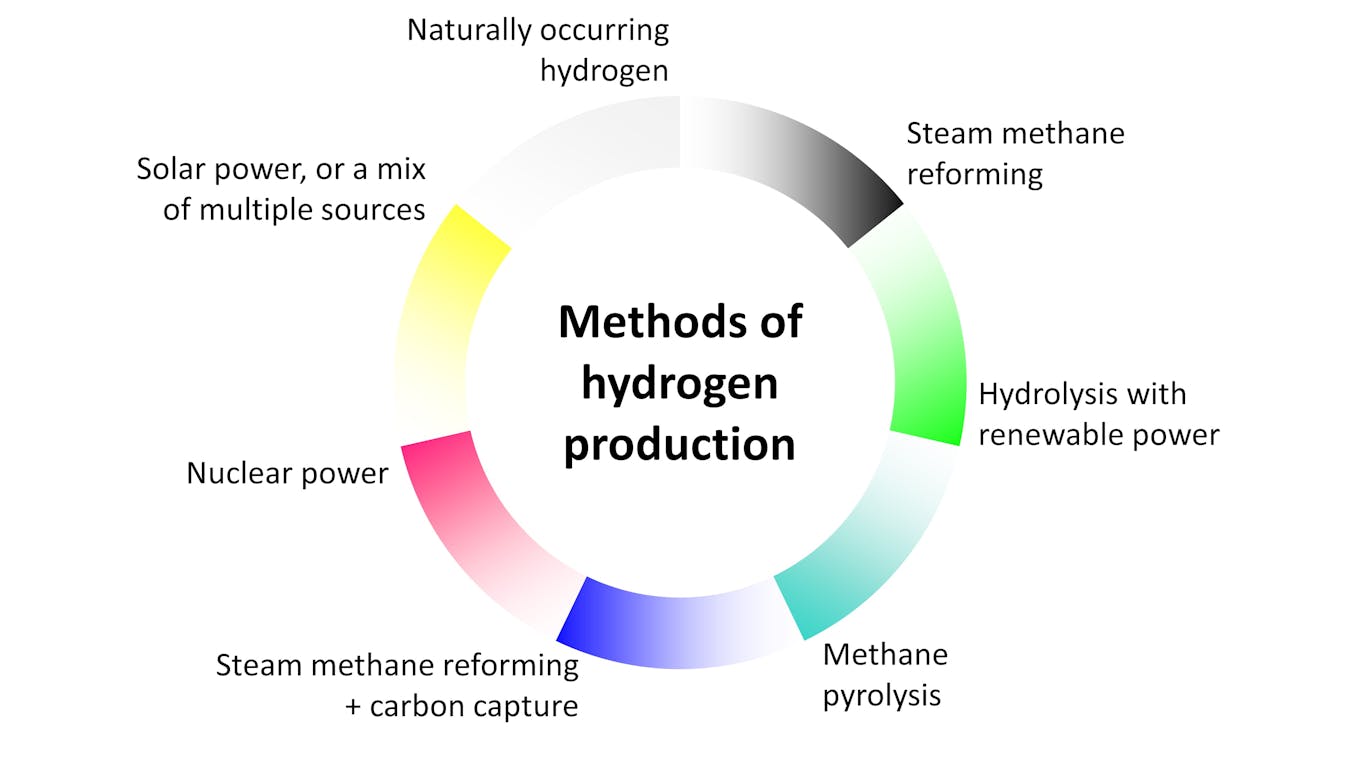Hydrogen is at once the most loved and hated of new energy solutions in today’s marketplace. And that takes some doing given the passion generated by debates around nuclear power, carbon credits, and even renewables. Most people that care about decarbonisation, however, should be willing hydrogen solutions to succeed.
Here’s why.
Decarbonising our economies and societies is one of the hardest tasks of our lifetime. It will require reworking a human world built on ammonia, plastic, steel, cement. The first two use crude oil or natural gas not only for electricity, but also as feedstock; all four utilise vast amounts of energy.
While hydrogen is not the only possible solution, it is a promising option for those so-called hard-to-abate sectors, as well as for the chemicals and heavy transport, something that even those that dismiss hydrogen’s other qualities tend to agree on.
The biggest allocation of Japan’s state-run Green Innovation Fund, for example, is to help steel firms ditch coal for hydrogen.
So far, you may be thinking: This is fine, but that’s the only role that hydrogen should play in a net-zero future. It should only be used in a small number of use cases, and only if we can make hydrogen or its related ammonia in an entirely CO2-free manner.
All-or-nothing is a good title for sports documentaries, but it doesn’t apply well to energy, where there are always trade-offs. Hydrogen will, over time, find its place in the energy mix based on real demand, which will be based on cost, efficiency, and ease of use.
Markets rather than dogma will determine those factors, even if governments play a role in supporting hydrogen today.
As such, if we agree that hydrogen is a worthwhile solution – at least in some use cases – then calling it out as expensive or inefficient at this stage is to deny the evolution of almost every single energy source from the last century.
If solar panels have increased capacity and dropped costs so dramatically within two decades, who is to say how competitive hydrogen and its cousins ammonia, methanol, MCH (Methylcyclohexane) etc can be by the end of the next decade?

A maritime hydrogen fuel cell system packaged in a shipping container. Image: Flickr/ Sandia Labs.
The oft-used argument is that money “wasted” on hydrogen could be spent elsewhere. This assumes that a company or government would reallocate money set aside for hydrogen for whatever solution you favour.
In practice, this rarely happens. Public and private budgets tend to be spread over several options to see what sticks. Meanwhile, belittling the potential of hydrogen solutions doesn’t build more solar farms, or cut emissions, or eliminate wasted time and human resources.
So far, we’ve seen hydrogen used to fly airplanes, power trucks, boats, and trains, and to store excess energy. It is also a component of more complex, digitally connected solutions that bind renewables, nuclear, carbon capture and other generation and storage facilities; the combinations help make the whole more resilient, long-duration, and agile.
But for hydrogen to make its way during this energy transition period, it has to be allowed to grow and explore demand-side opportunities. It’s reductive to assume that hydrogen can only be used in one use case and nowhere else. That would also blunt its cost reduction potential.
It is unrealistic to expect the creation of a high-cost energy product, such as ‘green hydrogen,’ to enter the market and immediately get accepted for its environmental qualities alone. In a few geographies, that may be enough. A certain amount of ‘green’ product is starting to filter through to the global market, with deliveries into Japan and elsewhere. Singapore is another market bullish on green hydrogen, as is India, Australia, New Zealand and Indonesia.
However, to cover the cost of the infrastructure to move and store this fuel, to build the ships, pipes, port terminals, and storage tanks needed for a hydrogen supply chain, economies of scale are necessary. That means, accepting that initially most of the hydrogen that will be sold worldwide will not be green, albeit we should agree on a cap for the CO2 impact.
Such trade-offs are not greenwashing. They come from a desire to make a change now, rather than wait for perfect solutions. Take the following example.
Idemitsu, a Japanese oil refiner, recently ran a test that replaced part of the fossil fuel in its naphtha cracking furnace with ammonia, thus reducing emissions. Did it make the entire process CO2-free?
No. In fact, the product itself, naphtha, is actually a hydrocarbon. But while we rely on naphtha for everything from plastics to soaps and cleaning fluids, it helps to lower the environmental impact of the process - today.
Idemitsu did not disclose whether the ammonia it deployed was made with renewables. But this is not important. Knowing that the technology works now gives the company more confidence to invest in a clean ammonia supply chain.

An overview of how hydrogen is produced.
Whether most hydrogen sold worldwide will be green, blue, pink, turquoise or white (or other low-carbon options) will depend on market economics. But surely these colours are less important than the impact on emissions.
This is where many energy debates seem to lose focus. Among the online wars over which is the best among renewables, hydrogen, LNG, etc., there is a tribalism that tends to forget why decarbonisation is taking place in the first place.
In fact, there is no perfect energy source available today, and most non-fossil solutions are still in the phase of evolution. National and corporate strategies are simultaneously betting on a wide range of clean technologies. Having hydrogen among the solutions portfolio only increases our chances of success. It does not have to be the silver bullet to have value.
Yuriy Humber is the founder of the Japan NRG platform, which provides information and analysis about the Japanese energy industry and markets. He will be a key strategic conference speaker at the upcoming Japan Energy Summit and Exhibition 2024 held in Tokyo, Japan from 3-5 June 2024.











